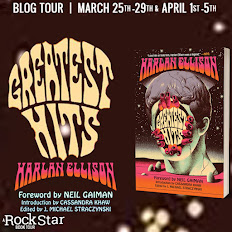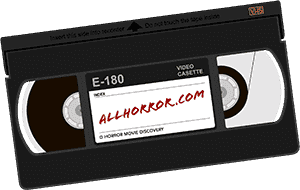
Writers will tell you that switching from the kinetic real world to the unchatered blank page can cause a paralyzing shock. I find playing an electronic game heats up my word making and paragraph baking skills. A word game helps to focus on the writing task at hand, but other games that require focus on a smaller than life object also help. Games flip the cone of concentration from outward reality to the inward creative potential.
A great place to find unique games that you can play in the isolation of your writing environment can be purchased online from stores such as Hammacher Schlemmer, Brookstone, and Lord and Taylor. Standard games and gadgets are found at Kohls, Office Depot, and J.C. Penny's.
Two stores that are worth venturing into the real world to shop, especially around the holidays, are Macy's and Neiman Marcus. Macy's stores are alive with magic on every floor. Larger than life nutcracker soldiers and huge ornaments like ruby planets greet you at every landing. Golden garlands arch across the ceilings and there are often Christmas-themed performances. The window displays at Macy's offer up scenes that enchant even the most worried writer into concocting sugar plum sweet pages. Neiman Marcus transports the holiday shopper to the sky with their atrium soaring Christmas trees and upscale, diamond-studded, holiday window exhibits.




















